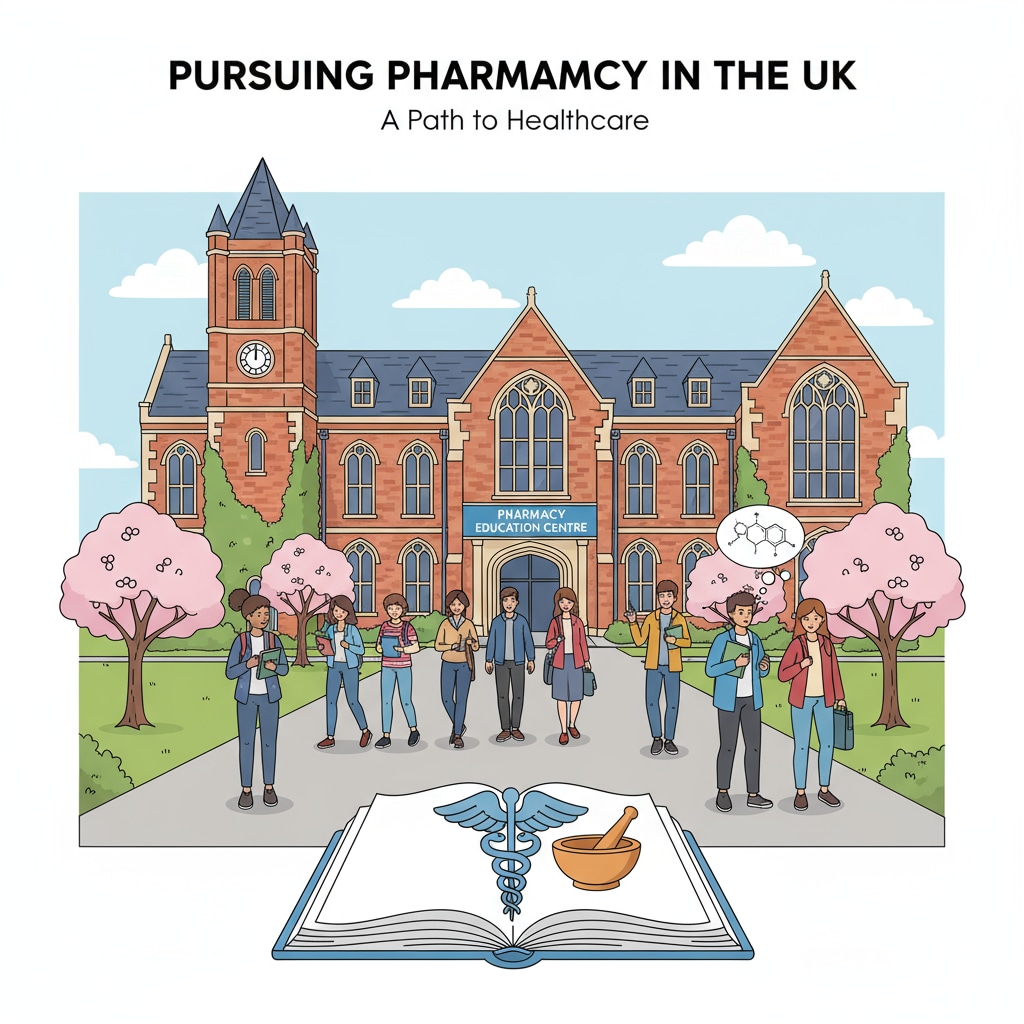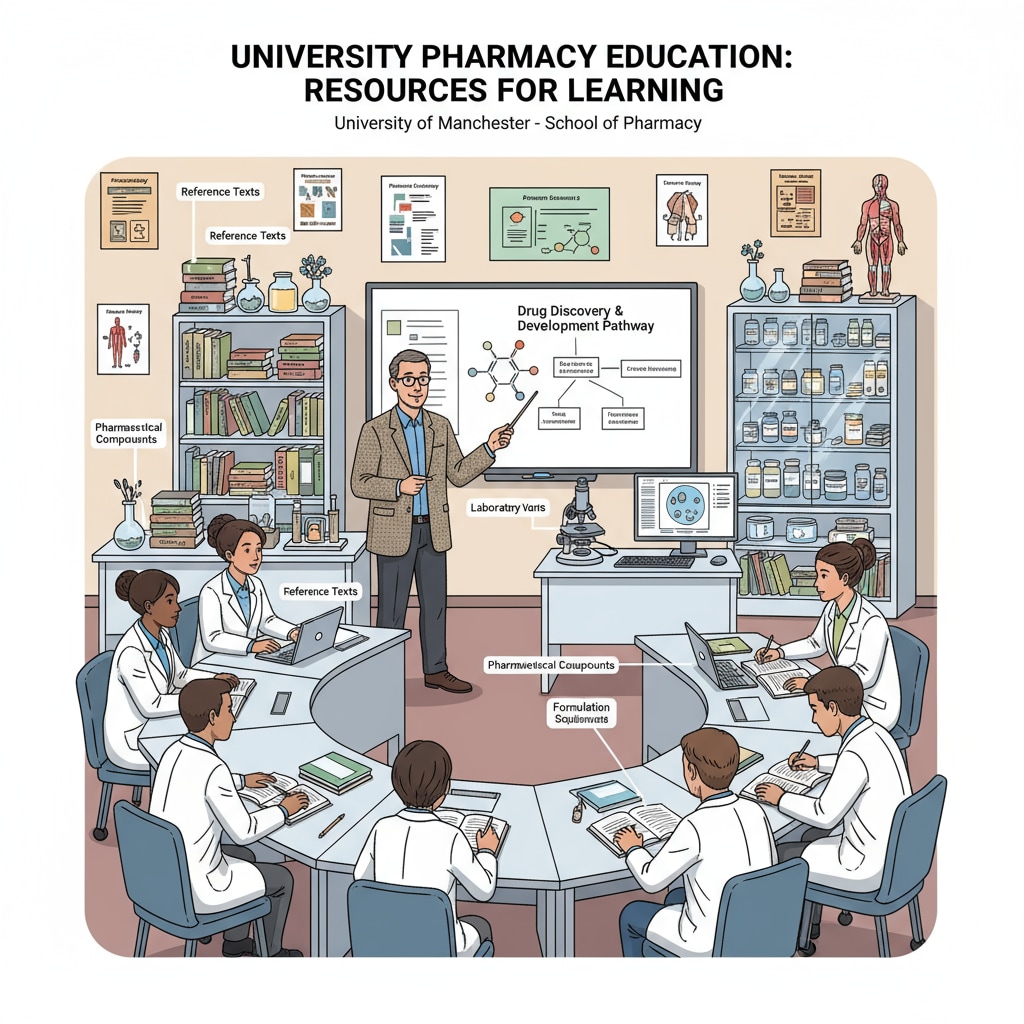In the realm of UK education, the landscape of pharmacy, postgraduate entry programs presents a significant gap. Specifically, there is a lack of dedicated Master of Pharmacy (MPharm) programs tailored for individuals who have already obtained undergraduate degrees in medical – related fields. This situation has far – reaching implications for students and the broader healthcare sector.

The Existing Void in UK Pharmacy Education
In many other countries, there are well – established postgraduate entry MPharm programs for medical graduates. These programs allow individuals with a foundation in medicine to further specialize in pharmacy, bridging the gap between the two disciplines. However, in the UK, such programs are conspicuously absent. For example, in the United States, medical graduates can enroll in MPharm programs that are designed to build on their prior knowledge and skills. This lack in the UK means that students who have invested time and effort in obtaining a medical undergraduate degree face limited options if they wish to transition into the field of pharmacy.
Reasons Behind the Absence
One of the main reasons for this absence is the structure of the UK’s higher education system itself. The existing pharmacy programs in the UK are typically designed as undergraduate – level courses that run for four years. These programs are aimed at students straight out of high school, providing them with a comprehensive foundation in pharmacy from the ground up. As a result, there has been little impetus to create parallel postgraduate – entry programs for medical graduates. Additionally, resource constraints play a role. Developing and maintaining postgraduate MPharm programs requires a significant investment in faculty, teaching facilities, and research resources. Universities in the UK may be reluctant to divert resources from existing programs to create new ones for a relatively small pool of potential students.

Another factor is the regulatory environment. The pharmacy regulatory bodies in the UK have strict requirements for the accreditation of pharmacy programs. These requirements are centered around the undergraduate model, and changing them to accommodate postgraduate entry programs would involve a complex and time – consuming process. For instance, the curriculum, assessment methods, and clinical training requirements would all need to be re – evaluated and adjusted to fit the needs of medical graduates.
Impact on Student Career Development
The lack of postgraduate entry MPharm programs in the UK has a significant impact on students. Those with medical undergraduate degrees who are interested in pharmacy may have to consider alternative career paths or even leave the country to pursue their desired education. This not only limits their professional growth but also has implications for the UK’s healthcare workforce. The UK could potentially benefit from having a more diverse pool of pharmacists with a background in medicine, as they could bring unique perspectives and skills to the field. However, the current situation makes it difficult for these students to contribute in this way.
Readability guidance: This article has presented the problem of the lack of postgraduate entry MPharm programs in the UK, explored its causes from aspects like education structure, resources, and regulation, and analyzed its impacts on students. By using short paragraphs and simple language, it aims to be accessible while maintaining professionalism. Transitions like ‘however’, ‘additionally’, and ‘for instance’ have been used to enhance the flow of the article.


